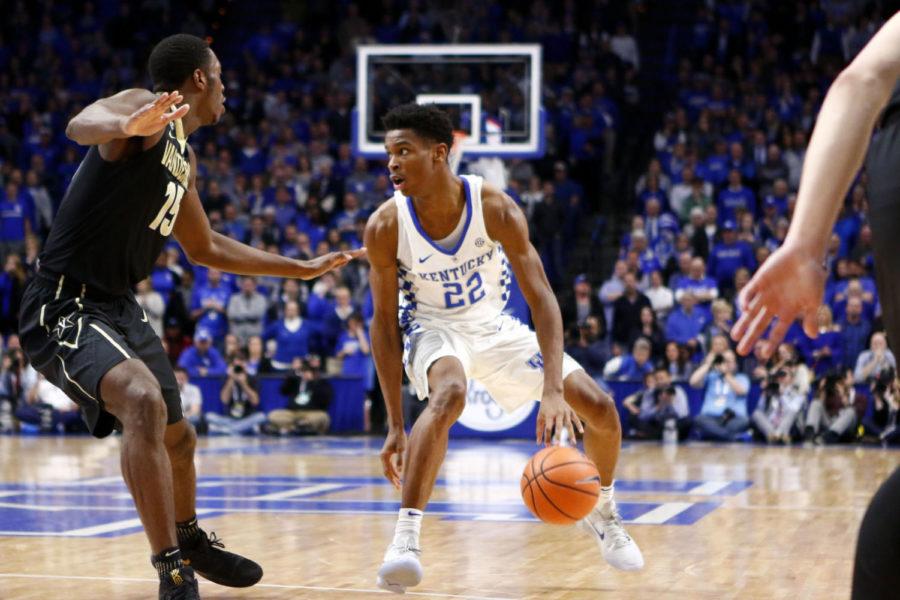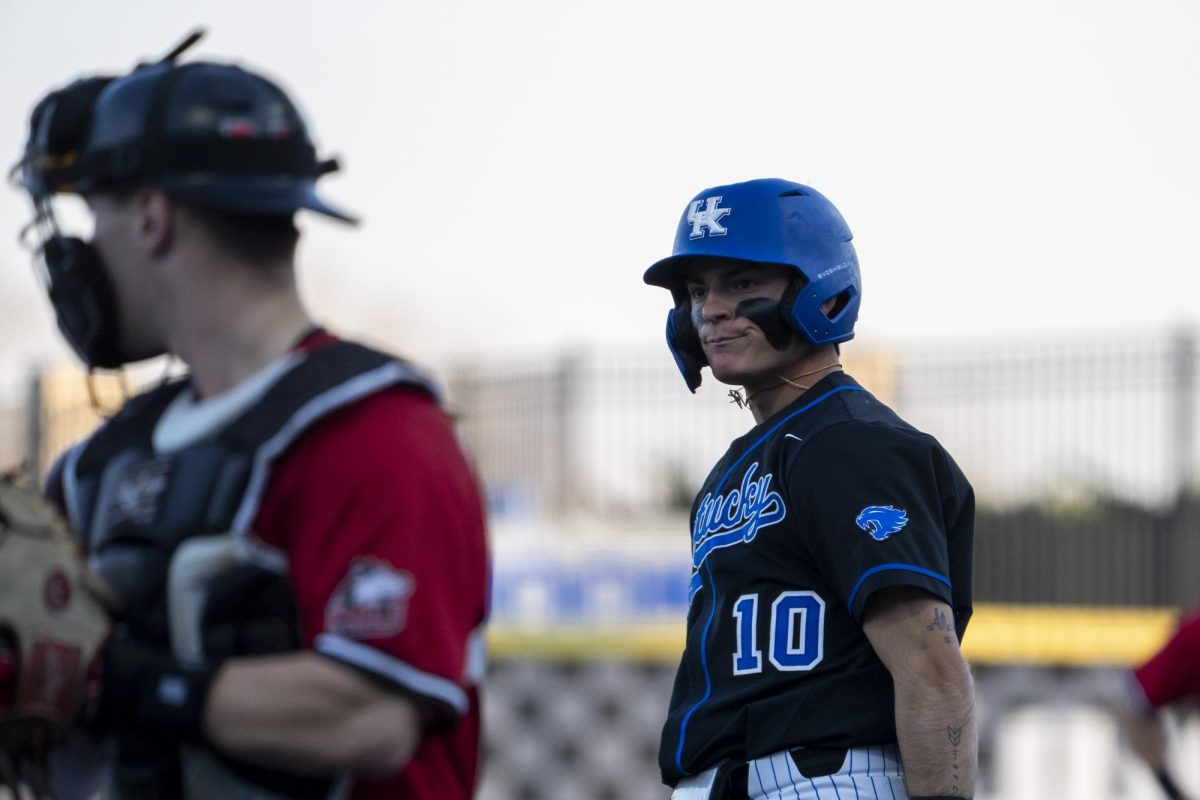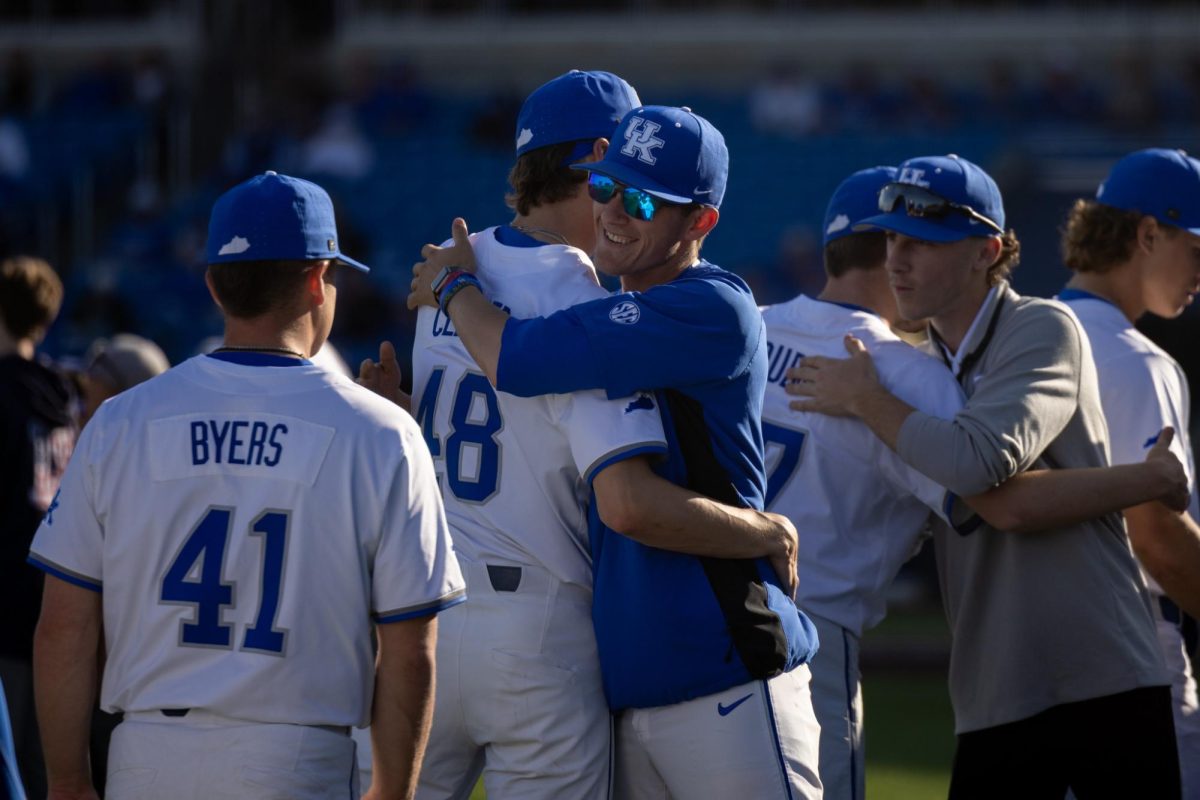Fake news, confirmation bias undermining academics
September 14, 2017
There has been a lot of discussion in the media and the world of academia about fake news. While this phenomenon is not new it seems to have gained a lot more traction recently, and whether it’s the fault of CNN, FOX or MSNBC, everyone plays a role in the success and proliferation of falsities.
One of the biggest things people do to enable is believe and spread this fake news. Why people believe these falsities can be explained by a phenomenon that is becoming equally apparent, confirmation bias.
Confirmation bias is defined as: the tendency to interpret new evidence as confirmation of one’s existing beliefs or theories. People are more likely to believe something if it agrees with their opinions.
This psychological phenomenon enables the proliferation of fake news. If someone sees something that is fake news yet it agrees with their view of the world they will probably believe it and spread it.
The biggest catalyst for this is social media. Social media makes it easy for the user to drive what gets popular and therefore seen more. A good example of this is a number of posts that claimed to be a Donald Trump quote from the late 90’s.
It said “If I were to run, I’d run as a Republican. They’re the dumbest group of voters in the country. They believe anything on Fox News. I could lie and they’d still eat it up. I bet my numbers would be terrific.” This quote got tons of publicity on social media and otherwise, even though the truth is Donald Trump never actually said that.
The quote sounds quite convincing, and if true it would point out hypocrisy on the part of Donald Trump. It’s easy to click the share button and never check any sources.
It becomes extremely problematic because this causes people of differing ideologies, mainly left and right, are running off of differing fact sheets. So if two people of differing ideologies try to engage in an intellectual discussion there is a major disconnect.
This has some larger implications. How can an academic community in a very divided country and state engage in academic discourse if everyone participating are going off of different assumptions.
For any kind of discussion to be possible, it is important to establish what is fact, and if there is disagreement on this very fundamental thing the entire effort becomes futile. It becomes important for all consumers of news and otherwise to stay skeptical and hold media outlets accountable for contributing.
The best ways to do this is to fact check and review sources. Most of the time it is as simple as a quick google search to figure out if something is fake. As a community, it is important to fact check before sharing.
Email opinions@kykernel.com.
























































































































































